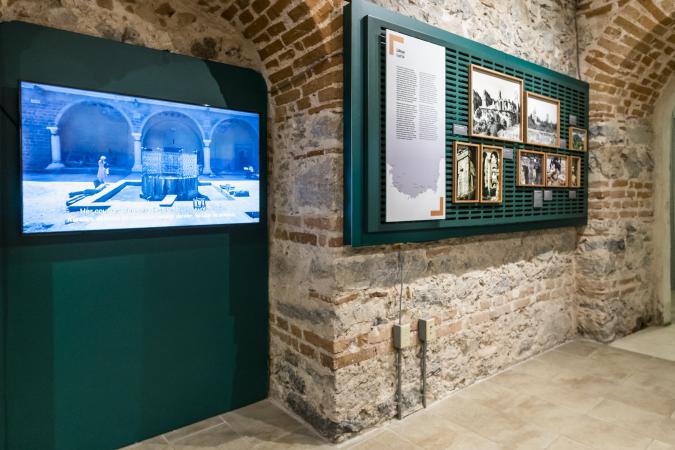More than 50 world sites hope for inclusion on the UN’s coveted heritage list at a meeting opening in Riyadh Sunday on Sept. 10, while some incumbents, including Venice and Kiev, face the risk of a downgrade.
UNESCO, the United Nation’s educational, scientific and cultural organization, keeps the world heritage list, which it says is a reflection of the planet’s cultural and natural diversity.
The agency meets once a year to update the list, the inclusion on which is seen by many countries as crucial for tourism and the ability to source funding for the preservation of sites.
Conversely, countries are eager to avoid being dropped from the list, including Australia which has recently made major efforts to avoid the exclusion of the Great Barrier Reef because of the government’s shortcomings in protecting the natural site from the impact of climate change and tourism.
At the meeting in Saudi Arabia some well-established sites, including Venice and Kiev, will be in the spotlight for a possible “at risk” qualification, the first stop towards exclusion from the list that features 1,157 sites, of which 900 are cultural, 218 natural and 39 mixed.
Six sites could be declared “in danger” at the Riyadh meeting, joining the 55 already on that watchlist. Venice is in danger from rising water levels, attributed to climate change, and excessive numbers of tourists, Lazare Eloundou Assomo, UNESCO’s Director of World Heritage, told AFP.
This year’s applicants for inclusion on the list – 53 including a backlog from last year when the meeting, scheduled in Russia, was cancelled because of the war – features a large number of little known venues, such as Koh Ker, a remote site in the northern Cambodian jungle with several archaeological sites dating back to the Khmer empire.
Türkiye is hoping for recognition of its medieval mosques featuring wooden structures, while France has entered the Maison Carree (Square House) in the southwestern city of Nimes, a well preserved ancient Roman temple.
Tunisia meanwhile hopes that the island of Djerba will get a listing, not for the mass tourism it is famous for, but for its “cultural landscape.”
Tadjikistan, Turkmenistan and Uzbekistan filed a joint application for the Zarafshan-Karakum Corridor, a 900-kilometre stretch along the ancient Silk Road.
Argentina is proposing a site commemorating the victims of the military dictatorship in the 1970s and 80s, and France and Belgium are proposing sites of World War I remembrance.







